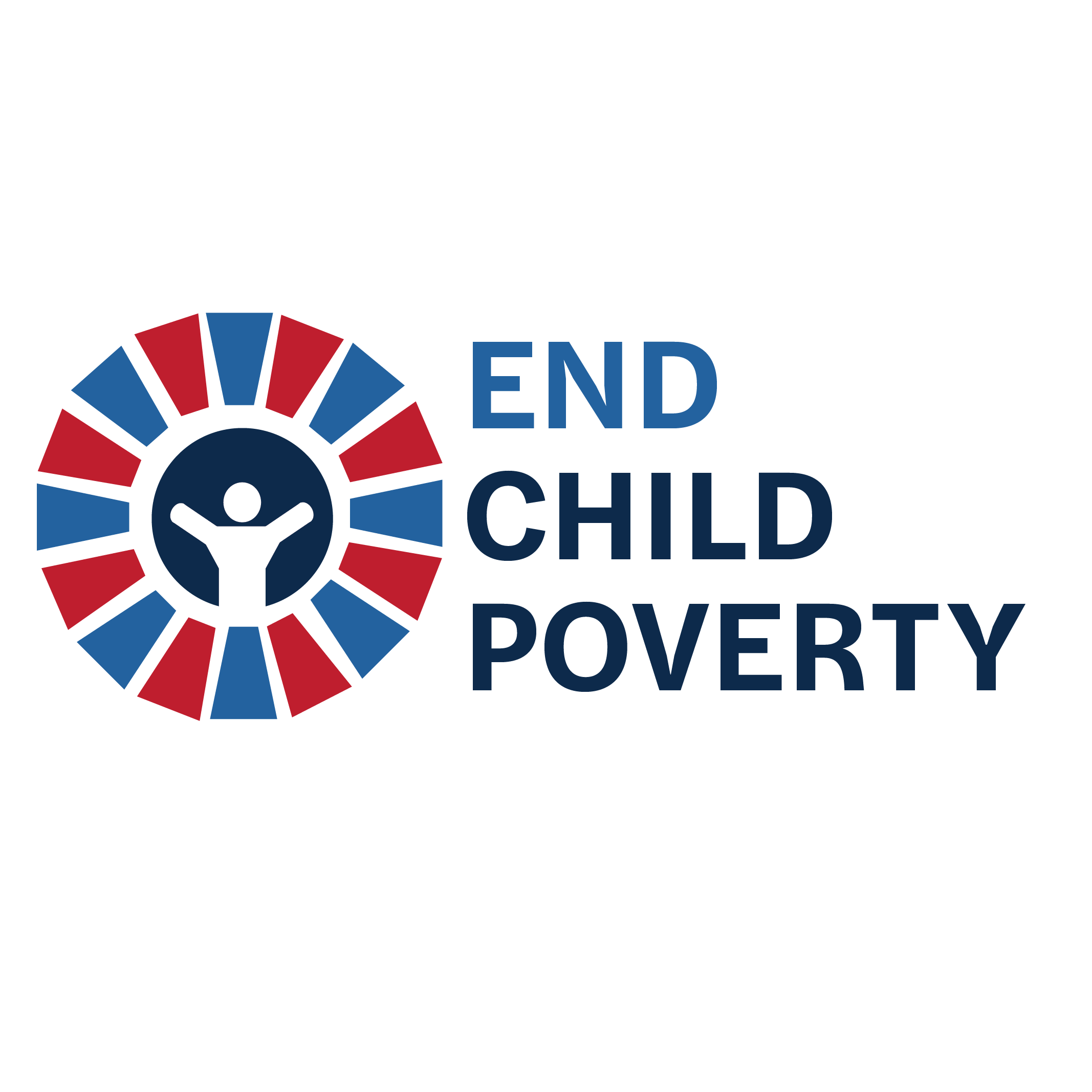We are morally obligated to help with economic growth
Originally published in The Hill.
By Billy Shore, Share Our Strength
Political division, inequality and growing uncertainty about America’s role in the world leave no shortage of moral crises. But our strong economy, 50 year low in unemployment and record high stock market also creates a new moral opportunity: to finally address the scourge of child poverty that afflicts nearly one in five American children.
When the economy falters, job one is fixing it and other priorities must wait. Once it is back on track however, there is no excuse for failing to address urgent needs too long deferred. Especially when it is our children suffering. Though our economy remains far from perfect, opportunity beckons. A report from the National Academy of Sciences earlier this year found we have the opportunity to cut U.S. child poverty in half in the next decade. This moment may not come again in our lifetime.
I write from the perspective of 30 years leading the anti-hunger organization Share Our Strength, which created the No Kid Hungry campaign. We are finally seeing light at the end of the tunnel when it comes to ending childhood hunger. While 15 million kids still live in families below the poverty line, the data makes clear that far fewer, though still too many, are hungry.
There are at least two important reasons. First, a broad, bipartisan coalition of governors, business leaders, nonprofits and philanthropists has driven years of record increases in participation among eligible families in critical food assistance programs like school meals. For example, three million more kids are eating a healthy breakfast at school since 2009, ensuring they start their day ready to learn. The result is fewer missed meals for kids and relief for tight family budgets.
Second, when combined with 20 million jobs created since the Great Recession and wages also growing, not as many families need food assistance as once did. In fact, for the first time in decades, 500,000 fewer kids participated in school lunch last year than the year before.
But our success in treating this symptom of poverty has not been matched by success in addressing poverty itself or its causes. Therein lies the opportunity and moral imperative. We have our first chance in decades to go beyond treating symptoms to actually addressing some of the root causes of why children live in poverty in the first place. If we do not do so now, when will we?
In addition to the policy recommendations of the National Academy of Sciences, the following things need to happen:
First and most fundamental, we need leadership across every sector — political, business, faith community, education, entertainment — to urge that compassion in providing food, shelter, clothing, and other resources be matched by a commitment to the even harder work of attacking the causes of poverty, e.g. education, low wages and lack of health insurance. Our experience has been that everyone is in favor of feeding a child but not everyone is in favor of the more complex but most effective way of helping a child, which is supporting his or her parents or adult caregivers.
Second, each presidential candidate should explain how he or she would leverage a strong economy to address child poverty.
Third, Congress should consider comprehensive anti-poverty measures that include expanded childcare credits, Earned Income Tax Credits, family leave, workforce training, and investments in early childhood.
Fourth, more foundation leaders and philanthropic funders should encourage their grantees to go beyond treating symptoms to the harder and riskier effort to prevent the symptoms in the first place. Is there an opportunity here to push nonprofits and the charitable sector to be more politically active to drive systemic change while staying non-partisan? In the long run, it will mean investments in education, opportunity and social and racial justice.
In addition to improving the lives of so many kids, leveraging our prosperity to strengthen and support them creates the best chance of sustaining that economic growth for the long-term. If we can put aside politics and focus on the children that are our common bond and future, we might find that our new moral obligation creates — finally — opportunity for all.
Billy Shore is the founder and executive chair of Share Our Strength, the parent organization for the No Kid Hungry campaign, which is working to end childhood hunger in America.

